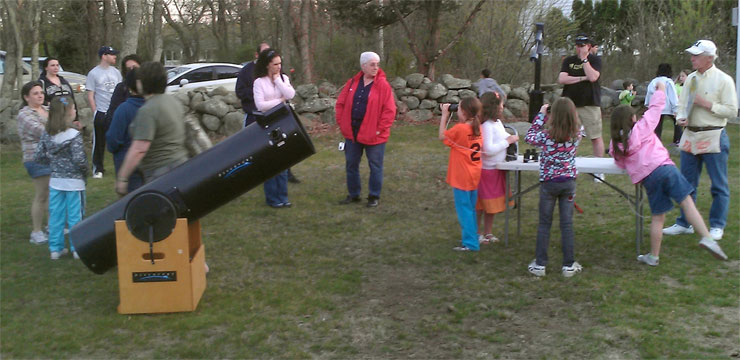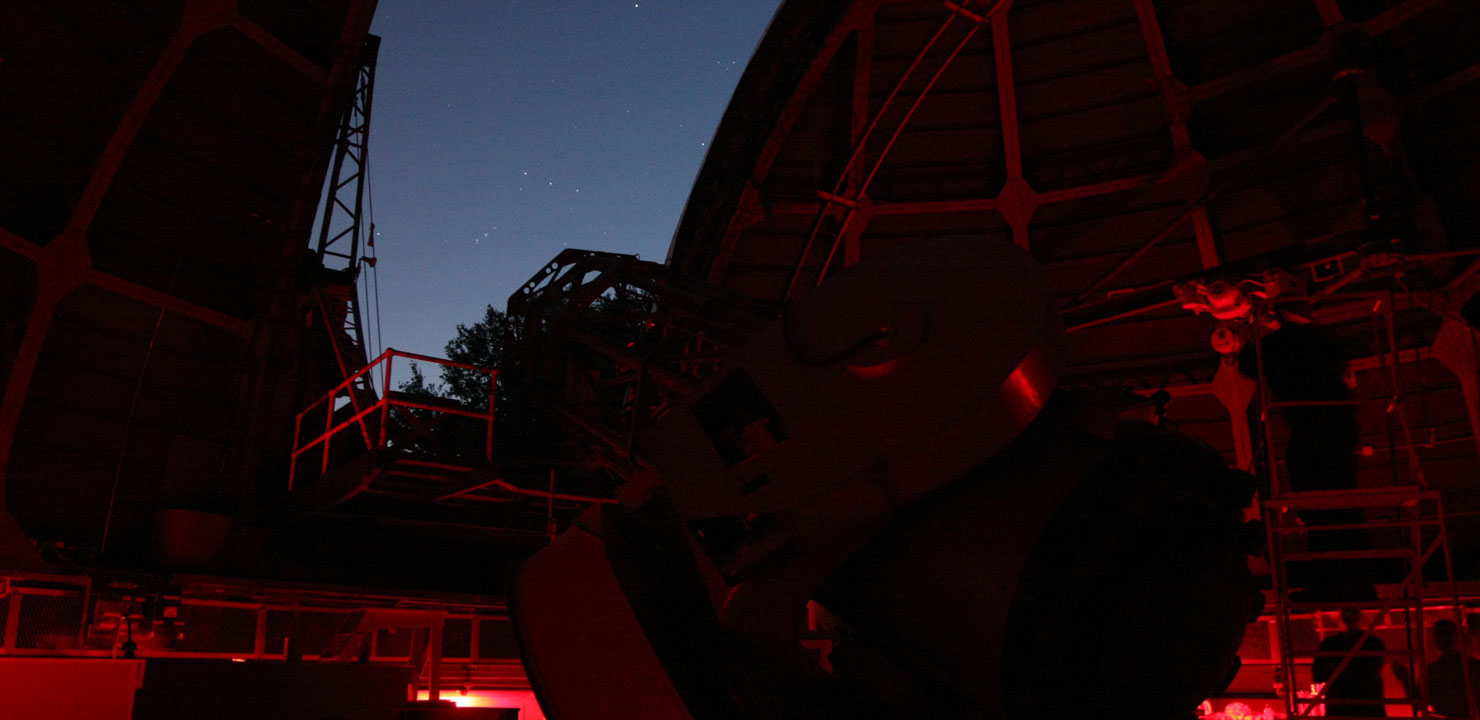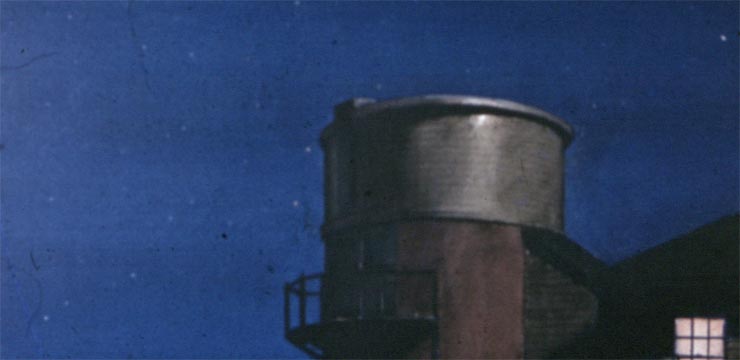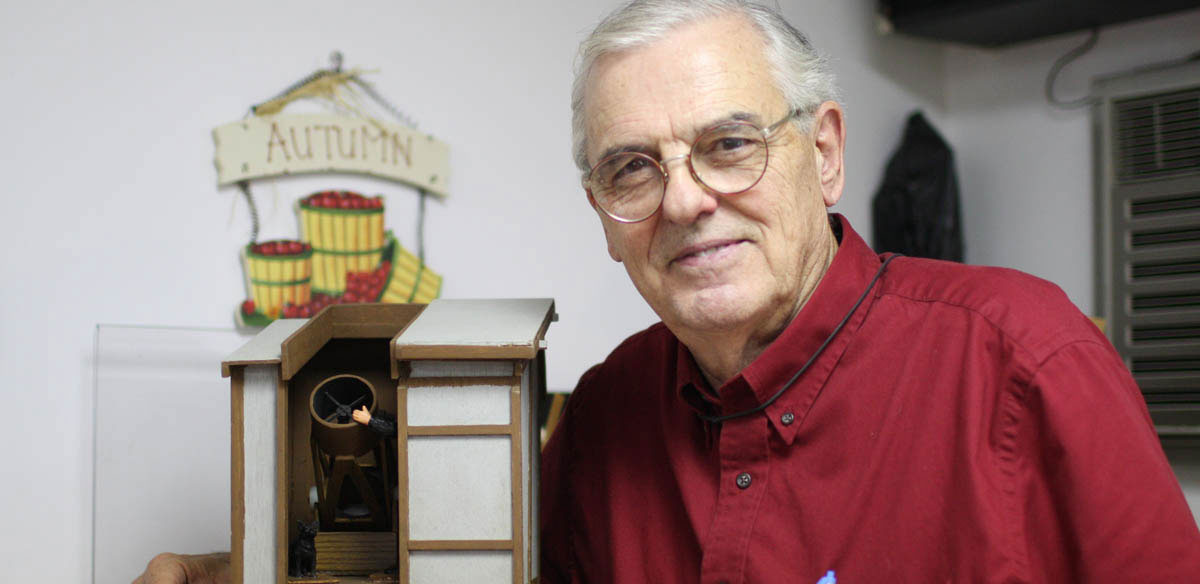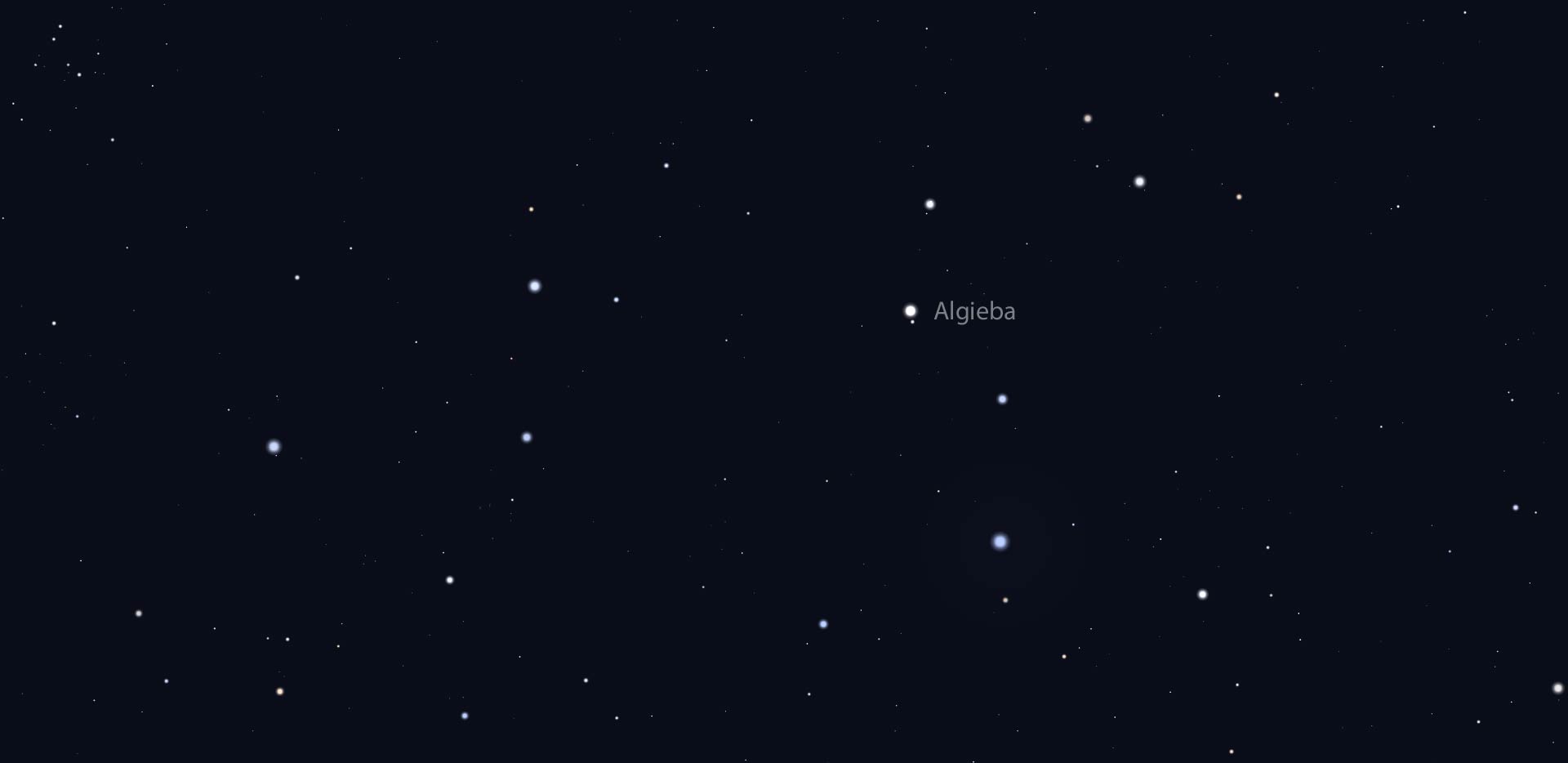First, let me thank all of you for your support over the last two years as your President. It has been your support that has made my term so enjoyable and rewarding. It seems like only yesterday I became a member of this wonderful organization. While my active interest in astronomy has been rather short when compared to that of other long-time members, I have found the willingness of our members to advise their fellow astronomers invaluable to my continued interest and advancement in astronomy.
Prior to joining the organization, my interest was a somewhat solitary pursuit. My days were spent soaking in all the information relating to astronomy I could learn from magazines, books, and the web. When evening arrived I found myself, for the most part, alone behind the eyepiece. I found this time as my sanctuary, and the stressful activities of the day would melt away.
Over time I found I wanted to share my love of astronomy with others as well. Astronomy is a broad subject with many branches of interest. What better way to expose yourself to these than to meet and discuss with those with similar interests who are actively involved.
This was the reason I joined Skyscrapers. After researching the organizations in the area, Skyscrapers seemed to be the best fit for me. As luck had it, Chris, an acquaintance of my wife Lisa and I, told us that her husband Bing was a Skyscrapers member. Bing invited me as his guest to a Skyscrapers Monthly Meeting. I joined Skyscrapers following that meeting and have been a member ever since. What I have found is a wonderful group of individuals with a deep love of astronomy. The long and deep history of the society is matched by the sum of its membership. Skyscrapers are individuals that range from the casual observer to those that have a wealth of knowledge in specific and or varied aspects of astronomy.
My advice to all current members and those considering membership is to make the most of what Skyscrapers has to offer. I personally have a somewhat outgoing personality and find it easy to approach people. Those that do not, I would urge to make that effort. I have found our members to be very friendly and happy to share their experience with anyone whom inquire of it.
I began as a strictly visual observer, and over the years, have expanded to Astrophotography. I have found the advice and knowledge of a number of our members invaluable in improving in this endeavor. Our membership is diverse with members of all aspects of astronomy and willing to share with others. We all have an interest in continuing the success of our organization. It takes all of us to accomplish this, so participation by our membership will insure the continuing success of Skyscrapers.
Professor Tim Barker returned in March as our featured speaker. Professor Barker’s presentation of the Apollo Missions was well received. Professor Barker’s previous presentation was a hands-on event, and we were provided with another at our March Meeting. Professor Barker set up a microscope for everyone to view NASA’s thin-sliced lunar samples. He also displayed a number of full samples from other heavenly bodies from our solar system. Thank you, Professor Barker for another great presentation.
Our business meeting followed. Nomination Committee Chairperson Dave Huestis announced the committee’s nominations and also accepted nominations from the floor. Dave was followed by the presentation of the proposed revisions to our Constitution and Bylaws, Membership Dues structure, and our 2012-2013 Operating Budget. All received motions for discussion and vote at our April Meeting. Copies of the March presentation and supporting documents are available on our web site and hard copies will be available at the April Meeting to aid in your decision.
I am looking forward to seeing all of you at our April 13 Meeting. We have a full agenda: our featured speaker will be Professor Brandon Murakami of Rhode Island College. Professor Murakami will provide us all with some insights into the world of particle physics and the work surrounding this field of science.
Our business meeting will follow and will include discussions and vote in regards to our Membership Due structure, 2012/2013 Operating Budget, and Constitution and Bylaws. The results of our Annual Elections will also be announced resulting in the installation of our society’s newly elected administration.
While this will be my last Monthly Meeting as President, I look forward to continuing as an active member of this great organization.
Clear Skies
Tom Thibault
Skyscrapers
President
